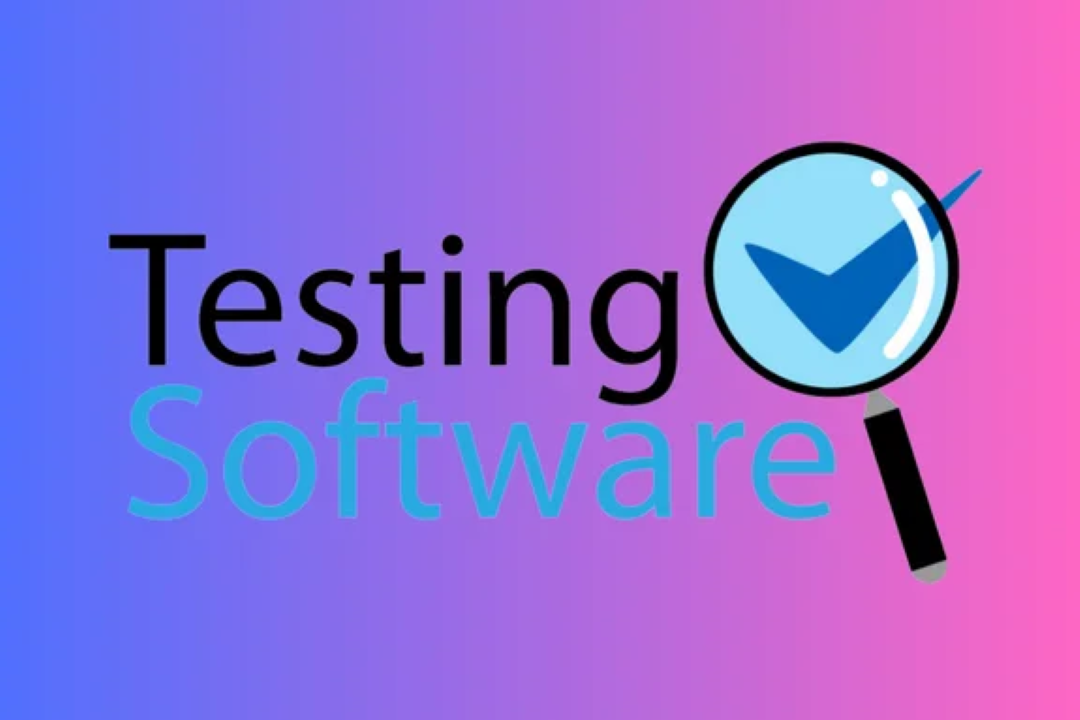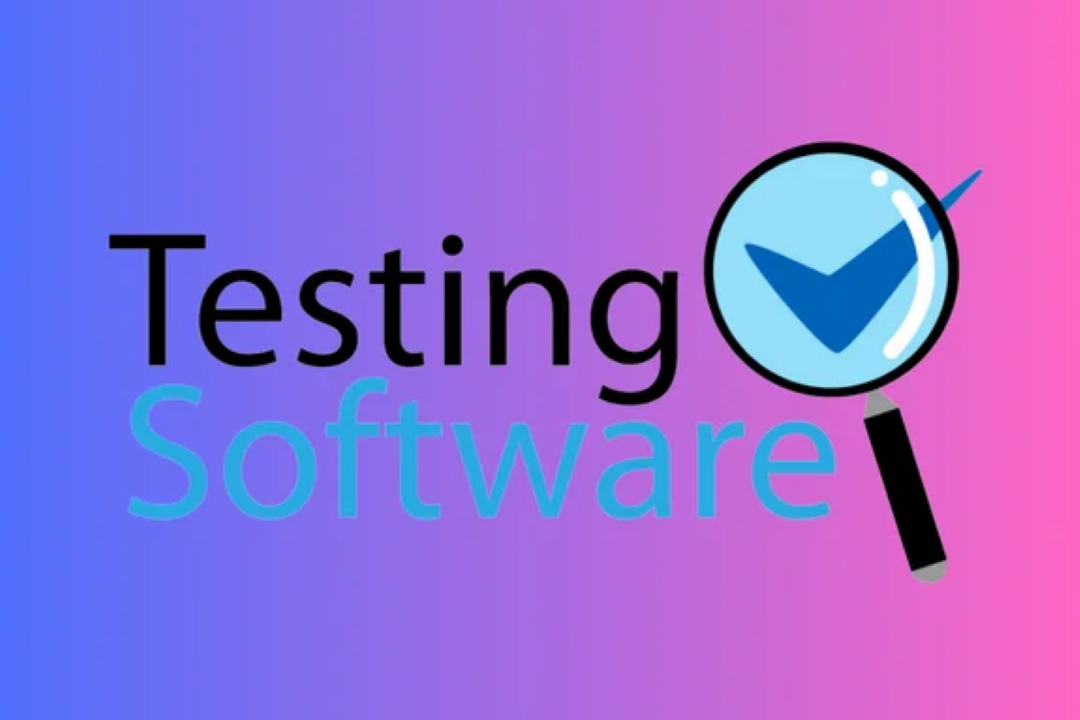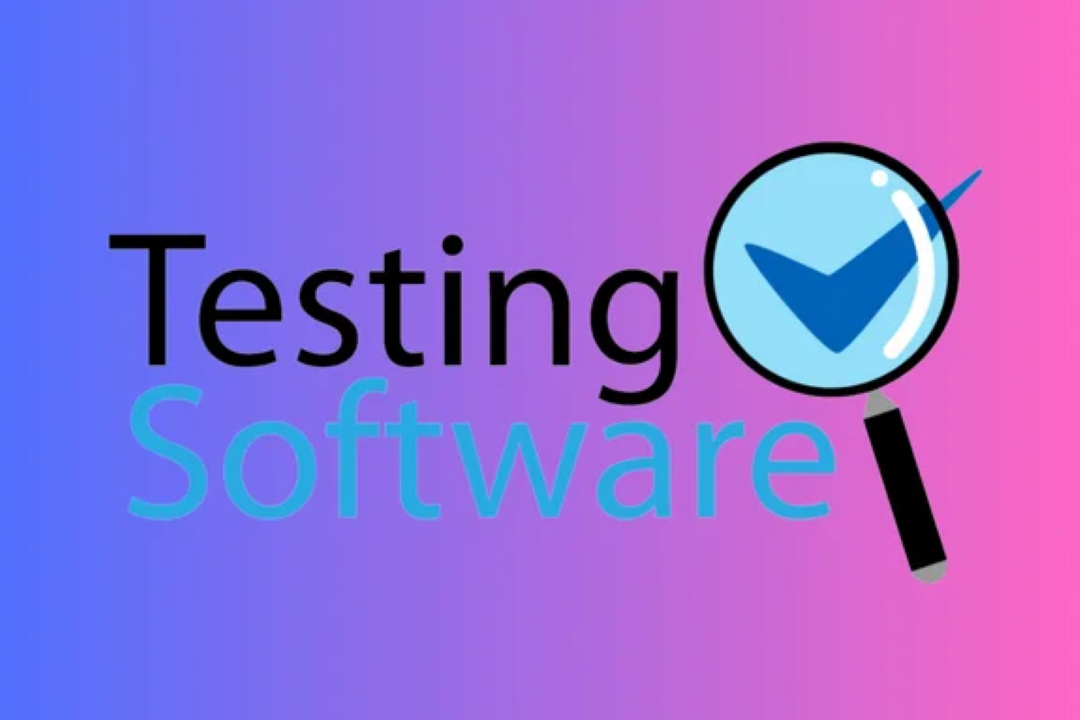Best Selenium Automation Training Institute In Chennai
The best Selenium Automation Training Institute in Chennai is dedicated to equipping students with e
Best Selenium Automation Training Institute In Chennai
The best Selenium Automation Training Institute in Chennai stands out for its commitment to empowering aspiring testers with industry-relevant skills in automation testing. By offering a hands-on approach through real-time projects, students gain practical experience that enhances their understanding of Selenium and its applications in various testing environments. The institute's experienced instructors provide personalized guidance, ensuring that participants not only grasp theoretical concepts but also develop the confidence to apply them in real-world scenarios. With recognized certification upon completion, graduates are well-prepared to enter the job market, making this training an invaluable stepping stone for anyone aspiring to excel in software testing.
To Download Our Brochure: https://www.justacademy.co/download-brochure-for-free
Message us for more information: +91 9987184296
The best Selenium Automation Training Institute in Chennai stands out for its commitment to empowering aspiring testers with industry relevant skills in automation testing. By offering a hands on approach through real time projects, students gain practical experience that enhances their understanding of Selenium and its applications in various testing environments. The institute's experienced instructors provide personalized guidance, ensuring that participants not only grasp theoretical concepts but also develop the confidence to apply them in real world scenarios. With recognized certification upon completion, graduates are well prepared to enter the job market, making this training an invaluable stepping stone for anyone aspiring to excel in software testing.
Course Overview
The “Best Selenium Automation Training Institute in Chennai” offers a comprehensive curriculum designed to equip students with essential skills in test automation using Selenium. The course covers fundamental concepts of software testing and progresses to advanced topics, including Selenium WebDriver, TestNG, and integration with frameworks like Maven and Jenkins. Through a blend of theoretical knowledge and practical experience with real-time projects, participants will learn how to create, execute, and manage automated test scripts effectively. By the end of the training, students will be prepared to handle complex testing scenarios and will obtain a recognized certification, enhancing their employability in the competitive tech industry.
Course Description
The “Best Selenium Automation Training Institute in Chennai” offers an extensive course designed to provide learners with in-depth knowledge and hands-on experience in automated testing using Selenium. This training program covers key concepts such as Selenium WebDriver, TestNG, and automation frameworks, enabling participants to develop, execute, and maintain automated test scripts efficiently. With real-time projects integrated into the curriculum, students gain practical insights and skills applicable to industry scenarios, ensuring they are well-equipped for professional challenges. Upon completion, participants will receive a certification that validates their expertise, enhancing their career opportunities in the field of software testing and automation.
Key Features
1 - Comprehensive Tool Coverage: Provides hands-on training with a range of industry-standard testing tools, including Selenium, JIRA, LoadRunner, and TestRail.
2) Practical Exercises: Features real-world exercises and case studies to apply tools in various testing scenarios.
3) Interactive Learning: Includes interactive sessions with industry experts for personalized feedback and guidance.
4) Detailed Tutorials: Offers extensive tutorials and documentation on tool functionalities and best practices.
5) Advanced Techniques: Covers both fundamental and advanced techniques for using testing tools effectively.
6) Data Visualization: Integrates tools for visualizing test metrics and results, enhancing data interpretation and decision-making.
7) Tool Integration: Teaches how to integrate testing tools into the software development lifecycle for streamlined workflows.
8) Project-Based Learning: Focuses on project-based learning to build practical skills and create a portfolio of completed tasks.
9) Career Support: Provides resources and support for applying learned skills to real-world job scenarios, including resume building and interview preparation.
10) Up-to-Date Content: Ensures that course materials reflect the latest industry standards and tool updates.
Benefits of taking our course
Functional Tools
1 - Selenium WebDriver: Selenium WebDriver is the core component used for automating web applications for testing purposes. It allows testers to write scripts in various programming languages such as Java, Python, and C#. WebDriver interacts directly with the browser, facilitating fine tuned control over the execution of tests. Its ability to simulate user interactions like clicks, form submissions, and navigation makes it essential in creating reliable end to end testing scenarios. The course includes practical sessions where students develop test scripts to automate real time website functionalities.
2) Selenium Grid: Selenium Grid is a tool that allows for the parallel execution of tests on multiple machines and browsers. This feature dramatically reduces testing time and improves efficiency by distributing the workload across different environments. Students gain hands on experience setting up Selenium Grid during the course, learning how to configure it for different operating systems and browser combinations. Understanding how to leverage Grid capabilities enables students to enhance their testing strategies and speeds.
3) TestNG: TestNG is a testing framework inspired by JUnit but introducing new functionality that makes it more powerful and easier to use for handling test cases. It supports annotations, parallel test execution, and data driven testing, providing flexibility and robustness. In the training program, students learn how to create and manage test suites, configure listeners for reporting, and implement before/after methods to manage test execution. Mastery of TestNG is crucial for participants aiming to increase the organization and efficiency of their test automation projects.
4) Maven: Maven is a build automation tool primarily used for Java projects. It simplifies the process of managing project dependencies, building applications, and generating documentation. During the course, students are instructed on how to use Maven to manage their Selenium projects automatically, including how to define project structures, manage libraries, and execute tests seamlessly. This knowledge is essential for maintaining long term automation frameworks and ensuring smooth integration with CI/CD pipelines.
5) Cucumber: Cucumber is a tool that supports Behavior Driven Development (BDD), allowing testers to write tests in simple, human readable language. It promotes collaboration between technical and non technical stakeholders through its Gherkin syntax. In the Selenium training program, students learn how to create scenarios that describe the behavior of the application and link them to automated test scripts. This practice enhances testing outcomes by ensuring that tests reflect business requirements and user expectations, thus improving overall quality assurance.
6) Page Object Model (POM): The Page Object Model is a design pattern that enhances the maintainability and scalability of test scripts. It encourages the abstraction of elements on web pages into separate object classes, making it easier to manage page actions and attributes. Throughout the training, students learn to implement POM, which aids in reducing code duplication and improving the readability of test cases. Understanding and applying this pattern is vital for building effective automation frameworks that can evolve with changing application interfaces.
These tools together create a comprehensive training experience for students, equipping them with the knowledge necessary to become proficient automation testers in the industry.
Certainly! Here are additional points and details about the tools and concepts integral to Selenium automation testing, which can enhance the training experience:
7) Locators and Web Elements: Understanding how to effectively use locators is crucial for interacting with web elements during automation. The course covers different types of locators such as ID, Name, Class Name, CSS Selector, and XPath. Students will learn how to strategically choose the best locator for given scenarios to enhance test reliability and performance. Practical exercises will include identifying and interacting with dynamic web elements, addressing common challenges faced in identifying elements accurately.
8) Handling Alerts and Pop ups: Automation often involves dealing with alerts, confirmations, and pop up dialogs. The training program teaches students how to handle different types of alerts using Selenium WebDriver, ensuring that automation scripts can interact smoothly with these components. Practical examples will involve scenarios where students must accept, dismiss, or retrieve messages from alerts, broadening their understanding of user interaction simulations.
9) Working with iFrames: iFrames pose a specific challenge in automation due to their separate document context. The training will provide comprehensive coverage on how to switch between frames and interact with elements within them. Understanding iFrames is critical for automating certain types of web applications, and students will engage in hands on exercises to practice switching contexts and executing actions within embedded frames.
10) Synchronization: Web applications often load elements asynchronously, leading to timing issues in automation. The course teaches different synchronization techniques, including implicit waits, explicit waits, and fluent waits. By understanding how to handle synchronization effectively, students can write robust tests that will properly interact with web elements regardless of load times, thereby minimizing the risk of flaky tests.
11 - Reporting and Logging: Effective logging and reporting are crucial in automation to track test outcomes and diagnose failures. The course emphasizes the use of reporting libraries (like ExtentReports) and built in logging frameworks (like SLF4J or Log4j) to enhance the quality of test outputs. Students will learn how to utilize these tools to create detailed, visually appealing reports that summarize test results, aiding in stakeholder communication.
12) Integration with CI/CD Tools: Continuous Integration and Continuous Deployment (CI/CD) practices are essential for modern software development. The training includes instruction on how to integrate Selenium tests with popular CI/CD tools such as Jenkins, CircleCI, and Travis CI. Students will learn how to configure their test suites to run automatically as part of the build process, ensuring that new changes do not break existing functionality.
13) Test Data Management: Managing test data effectively is crucial for validation. The course introduces best practices for handling test data using external sources such as Excel, CSV files, or databases. Students will learn how to retrieve and manipulate this data during test execution, enhancing their ability to run data driven tests and making their automation frameworks more versatile.
14) Cross Browser Testing: With applications being accessed on various browsers, cross browser testing is essential for ensuring consistency in user experience. The training will cover how to perform cross browser testing using Selenium, exploring tools like BrowserStack or Sauce Labs to run tests across different environments. This is vital knowledge for participants looking to confirm that their applications behave correctly regardless of the browser used.
15) Framework Design: A significant part of the course involves learning how to design and develop robust test automation frameworks. Students will explore different architectural styles, including hybrid frameworks that combine various testing techniques. Understanding framework design principles ensures that students can create scalable, maintainable, and efficient test automation solutions that align with project needs.
16) Real Time Project Implementation: A capstone part of the training involves engaging in a real time project where students can apply the concepts learned in a comprehensive manner. This includes collaborating on test planning, framework building, and executing a full suite of automated tests on a web application. Students will showcase their skills by presenting their projects, reflecting their understanding of all the aspects covered throughout the course.
By incorporating these points into the training, students will gain a robust understanding of Selenium automation, equipping them with practical skills and knowledge that are highly valued in the software testing industry.
Browse our course links : https://www.justacademy.co/all-courses
To Join our FREE DEMO Session:
This information is sourced from JustAcademy
Contact Info:
Roshan Chaturvedi
Message us on Whatsapp:
Email id: info@justacademy.co
Learning Outcomes Of Manual Testing












